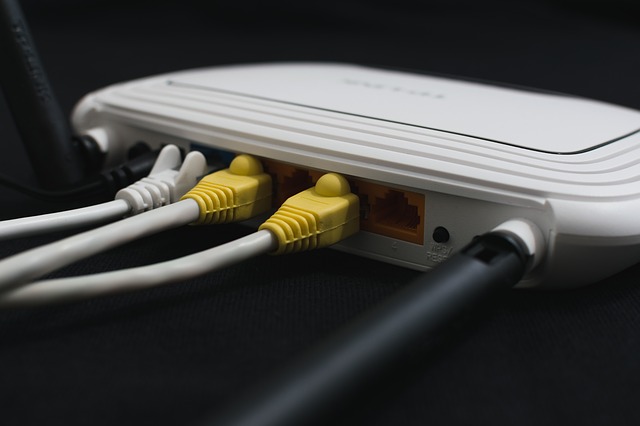
Wireless networks have become an integral part of the daily technologies we use, with Wi-Fi being the most common. Modern smartphones have this feature and every user has used it at least once. Wi-Fi has its advantages and drawbacks. However, we shall focus on the pros of Wi-Fi and wireless networks.
Mobility
Mobility is perhaps the most notable benefit of Wi-Fi. The wired network was created for mobility purposes that broadband and other wired technologies could not offer because they are fixed installations. That means you can use Wi-Fi while travelling.
It is hard to find wired connectivity for internet access when travelling, but Wi-Fi addresses this shortcoming effectively. And with most of the modern mobile devices having inbuilt Wi-Fi, you can have peace of mind that you can use the internet when outside of your office or home.
Hassle-Free
Since you are not dealing with the complexities of wired networks, you will enjoy hassle-free connectivity. You will not need cables to connect to every device. Moreover, the Wi-Fi technology ensures that this feature is built to be compatible with other Wi-Fi versions across various gadgets.
That means you can share files and the internet with your family and friends without relying on wires and setting up a secure wired network (LAN), which is a bit confusing for most people. But you can utilize Wi-Fi anywhere there is a secured wireless network.
Multi-Connection Support
Wi-Fi technology is built with a multiple connection provision with some supporting roughly 30 devices simultaneously. While it might not have robust multi-connect support like LAN and other wired networks, it does provide secure connectivity for all linked devices.
The beauty of Wi-Fi connections is you do not need to run cables or struggle to learn each connection type for the different devices. You switch on the Wi-Fi feature in your mobile device, connect to the wireless network, and you are set. If you are interested in upgrading to better wifi services, it might be worth you google searching managed WiFi providers.
Fewer Issues
You will encounter a few problems with a Wi-Fi setup than the wired network. Compatibility issues are rare and any errors with the Wi-Fi can be fixed with a simple factory reset.
Reduced Costs
Unless you are installing a private wireless network, you mostly will have little to no costs when you go for Wi-Fi connectivity. You might not need to spend anything if you are getting internet access from an ISP (Internet Service Provider) because most of them provide the router.
Compatibility
The connectivity ports often differ from one wired device to another, and this presents some compatibility challenges that you must address when running the cables. But you will deal with such an issue when using Wi-Fi even if you are in a different country.
For instance, you might connect some printers to your computer using a USB cable, but many of the modern printers have an inbuilt Wi-Fi that can be used to link them with a laptop, tablet, or computer without any compatibility restrictions.
Multiple Features
Wi-Fi can be a resource for solving multiple problems like casting your smartphone to the TV, sharing large files, sending commands to other devices, or even making calls for video conferencing. But the most common use of Wi-Fi is for internet access. Wi-Fi and wireless networks are a common element in the modern trend of the “Internet of things.”
Increased Opportunities
Wi-Fi and other wireless connectivity solutions provide more opportunities for creative industries and manufacturers to enhance productivity. It allows them to focus their production towards developing more products related to the Internet of Things.
For instance, Wi-Fi is a crucial element in multiplayer games and its increased use has helped further the development of these gaming applications.